5 Skincare Ingredients That Can Trigger Allergic Reactions
Many people believe that the skincare products they use will enhance the look and health of their skin. However, some chemicals may result in unanticipated side effects, from minor discomfort to severe allergic reactions. Knowing what to watch out for can help people make educated decisions and avoid problems. These five typical components in skincare products may cause adverse reactions.
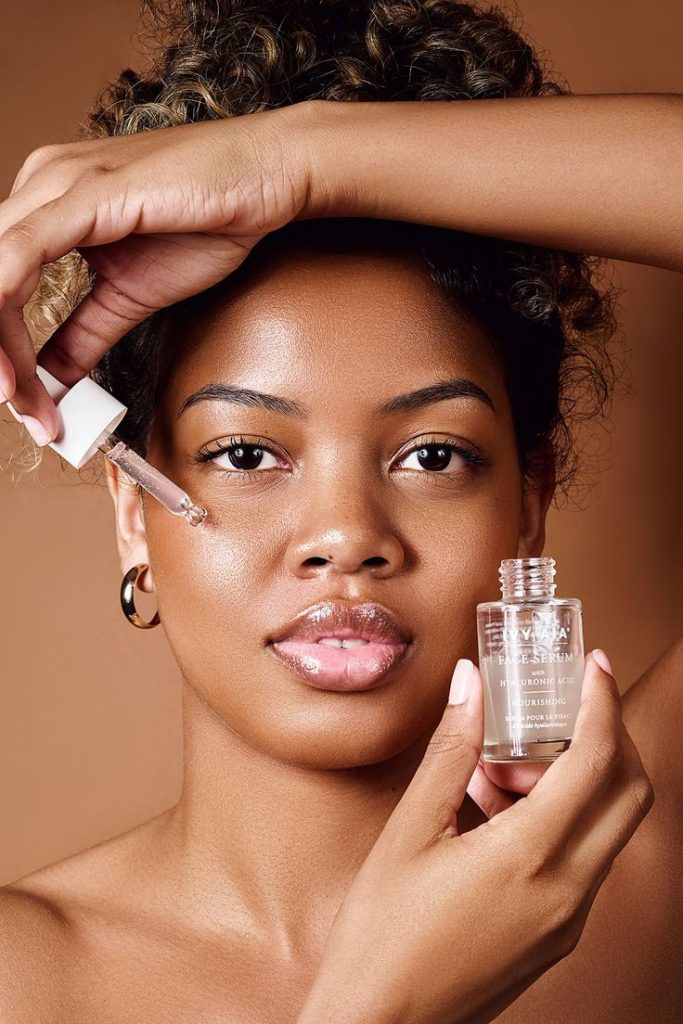
(1) FRAGRANCES
Fragrances can be a major contributor to allergic responses, although they are frequently added to skincare products to make them smell nice. Symptoms of scent allergies may include rashes, itching, or redness. The tricky thing is that “fragrance” is frequently identified on product labels as a single ingredient, making it challenging to identify the precise molecule causing the problem. In general, try to choose items marked “fragrance-free” or “unscented.” To cover up the smell of other substances, certain “unscented” products may contain masking perfumes, so patch testing is always necessary before utilising a new product.
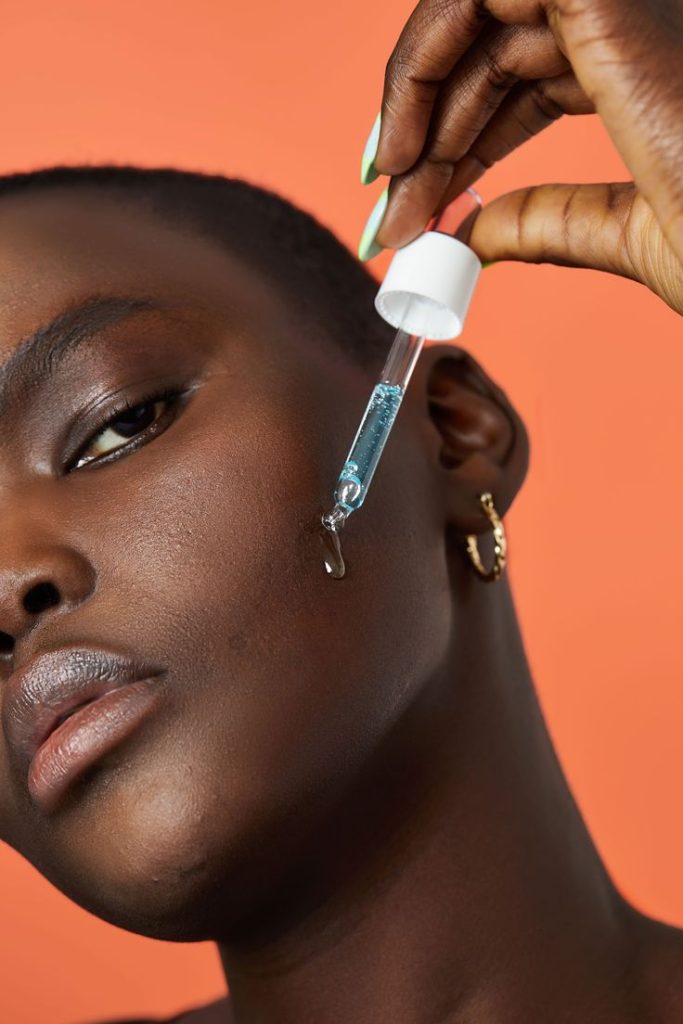
(2) PARABENS
Preservatives called parabens are added to skincare products to increase their shelf life. Parabens such as methylparaben, propylparaben, and butylparaben can occasionally cause skin reactions, even though they aid in preventing the growth of mould and dangerous germs. These responses may show up as dermatitis, which can cause peeling, swelling, and redness. Seek out products with the label “paraben-free.” Nowadays, a lot of businesses provide skin-friendly alternative preservative solutions. Once more, while experimenting with new products, a patch test is your best friend.
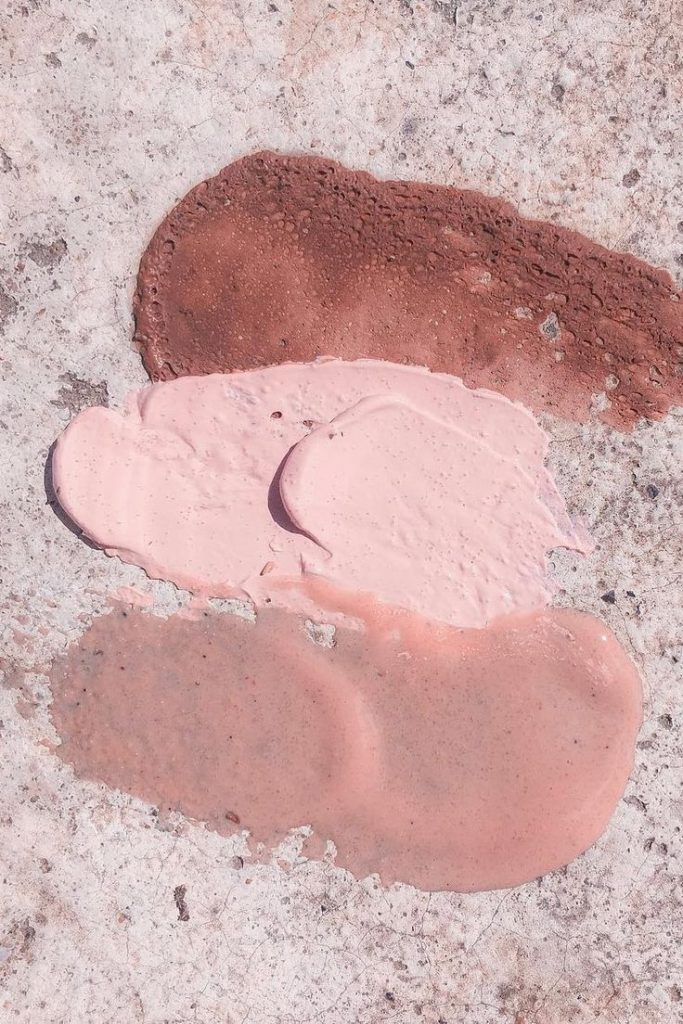
(3) ESSENTIAL OILS
Essential oils with natural and aromatic qualities, such as eucalyptus, tea tree, and lavender, are well-liked. These oils can be pretty concentrated, though, and they might irritate the skin or trigger allergic reactions, particularly in sensitive skin. Itching, blistering, or even scorching are possible symptoms. If you like natural skincare, make sure essential oils are appropriately diluted before using them. Do not apply undiluted essential oils directly to your skin; instead, read the product label to get the precise oil concentrations.
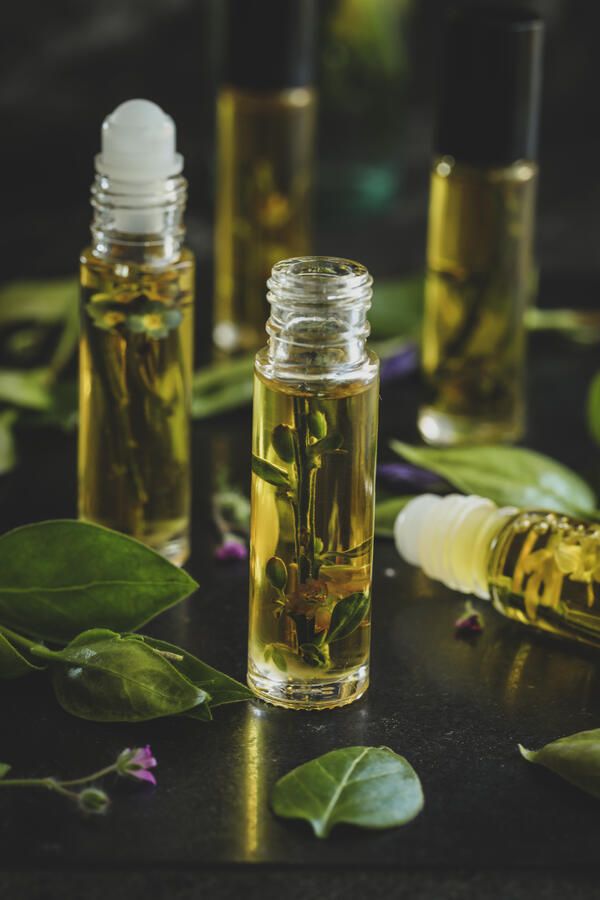
(4) SODIUM LAURYL SULFATE (SLS)
Sodium lauryl sulfate is a common ingredient in body washes, shampoos, and cleansers. Although it produces that delightful lather, it can deplete your skin’s natural oils. Some people experience dryness and irritation as a result, while others may experience an allergic reaction. Select gentle formulas made especially for sensitive skin or sulfate-free cleansers. Seek out components such as “Cocamidopropyl betaine” as a gentler substitute for SLS.
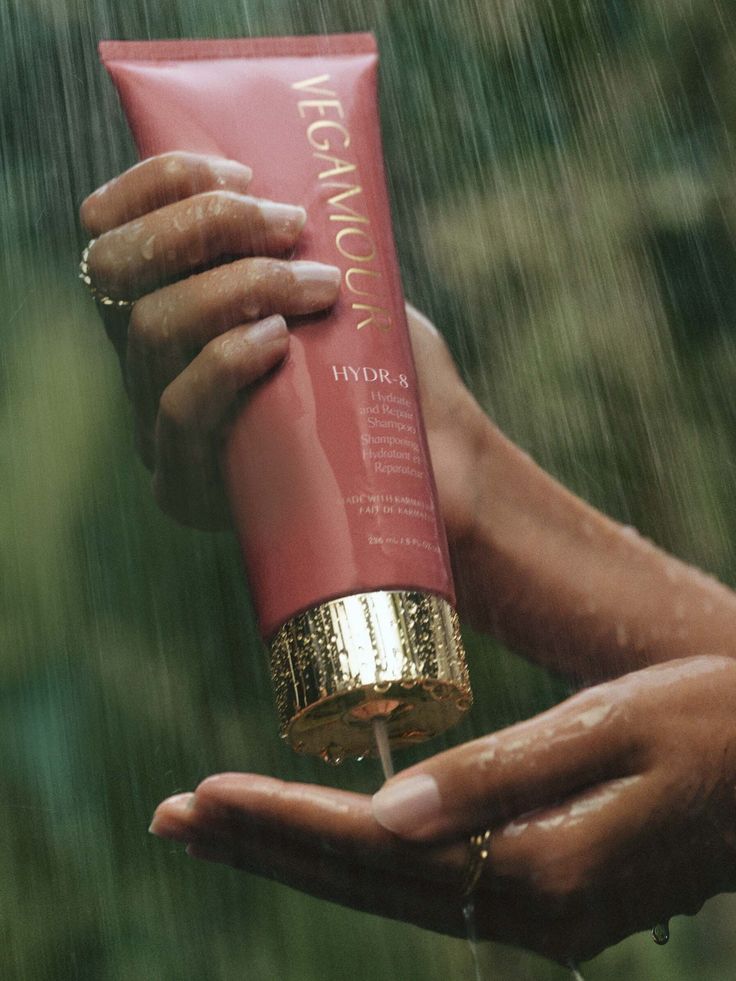
(5) ALCOHOL-BASED INGREDIENTS
Alcohol is frequently added to products to enhance texture and speed up drying, especially denatured and isopropyl alcohol. Sadly, these kinds of alcohol can cause dryness, irritation, or allergic reactions because they are harsh on the skin. Some types of alcohol, such as fatty alcohols (cetyl or stearyl alcohol), are safe and hydrating, but you should be aware of the harsher kinds. Carefully read product labels and steer clear of anything with “alcohol denat” or “isopropyl alcohol” prominently displayed among the ingredients. To keep your skin hydrated and free from irritation, use moisturisers and toners without alcohol.
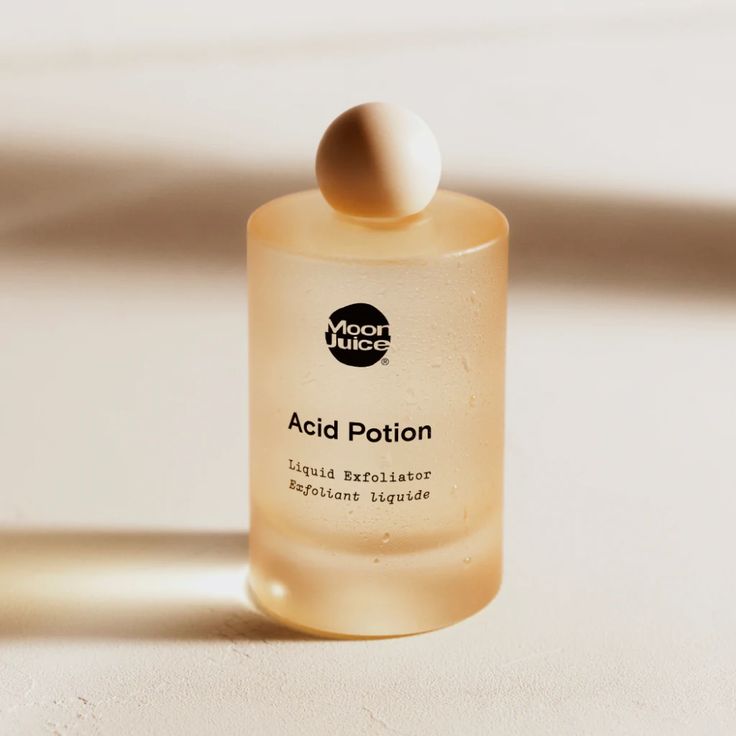
CONCLUSION
Instead of damaging your skin, skincare should protect and nourish it. Knowing these common allergens will help you make better decisions and avoid unnecessary discomfort. If you have ongoing skin problems, always read ingredient labels, conduct patch tests, and see a dermatologist. Your skin will appreciate the additional care and attention.

Dorcas Akintoye is a versatile writer with a passion for beauty, fashion, relationships, and culinary delight. With a keen eye for detail and a passion for storytelling, she adds a touch of elegance to every topic she explores. She is a writer at THEWILL DOWNTOWN.






